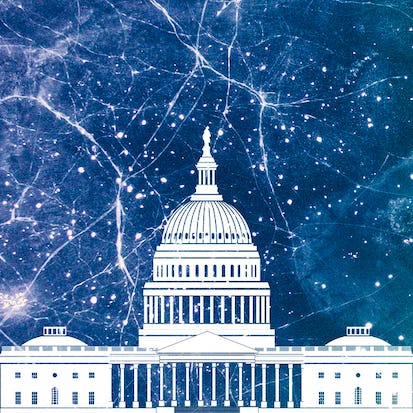- Level Foundation
- Course by Columbia University
-
Offered by

About
In the U.S., social policy accounts for two-thirds of government spending. Knowing how policies are constructed, what values underlie them, and how they succeed or fail makes everyone more effective at work or in their civic role. This specialization includes an HONORS track in which learners will complete a professional social policy analysis. Teachers, health care workers, police, and social workers interact with policy daily, but all of us should care about the impact and effectiveness of these programs. Health and mental health programs, education, housing and income supports, pensions, criminal justice services, veterans’ programs, child protective services, and immigration services create a support system all Americans will draw upon. They also reveal Americans' ethics and values, indicating how we regard and care for our most vulnerable. This specialization will explore the size, structure, and outcomes of U.S. social policy by -comparing it with the approaches of other developed nations. -examining the history of our efforts and probing population effects that shape policy. -looking deeply into support for families in general, poor families, people with disabilities, and the elderly. -mapping out existing policies for housing, education, healthcare, immigration and child welfare. -addressing issues of power, oppression, and white supremacy. By the end of the course the learner will be at home working in, utilizing, and voting in the U.S. welfare system.Auto Summary
"Social Policy for Social Services & Health Practitioners" is an essential course in the Health & Fitness domain, crafted to enhance the understanding of social policies and their impact on various support systems in the U.S. The course is offered by Coursera and is specifically designed for teachers, healthcare workers, police officers, social workers, and anyone interested in the effectiveness of social programs. Guided by expert instructors, this course delves into the intricate construction of social policies, the values that shape them, and their successes or failures. Learners will gain a comprehensive understanding of health and mental health programs, education, housing and income supports, pensions, criminal justice services, veterans’ programs, child protective services, and immigration services. The course further enriches learning by: - Comparing U.S. social policies with those of other developed nations. - Exploring the historical context and population effects influencing policy. - Examining support systems for families, poor families, individuals with disabilities, and the elderly. - Mapping out existing policies in housing, education, healthcare, immigration, and child welfare. - Addressing critical issues of power, oppression, and white supremacy. A unique feature of this course is the HONORS track, which includes a professional social policy analysis project, offering a deeper and more applied learning experience. With flexible subscription options including Starter and Professional, this foundational-level course empowers learners to confidently navigate, utilize, and influence the U.S. welfare system through their professional roles and civic participation. Whether you're in the field or simply interested in social policy, this course is an invaluable resource for making a meaningful impact.

John Robertson


